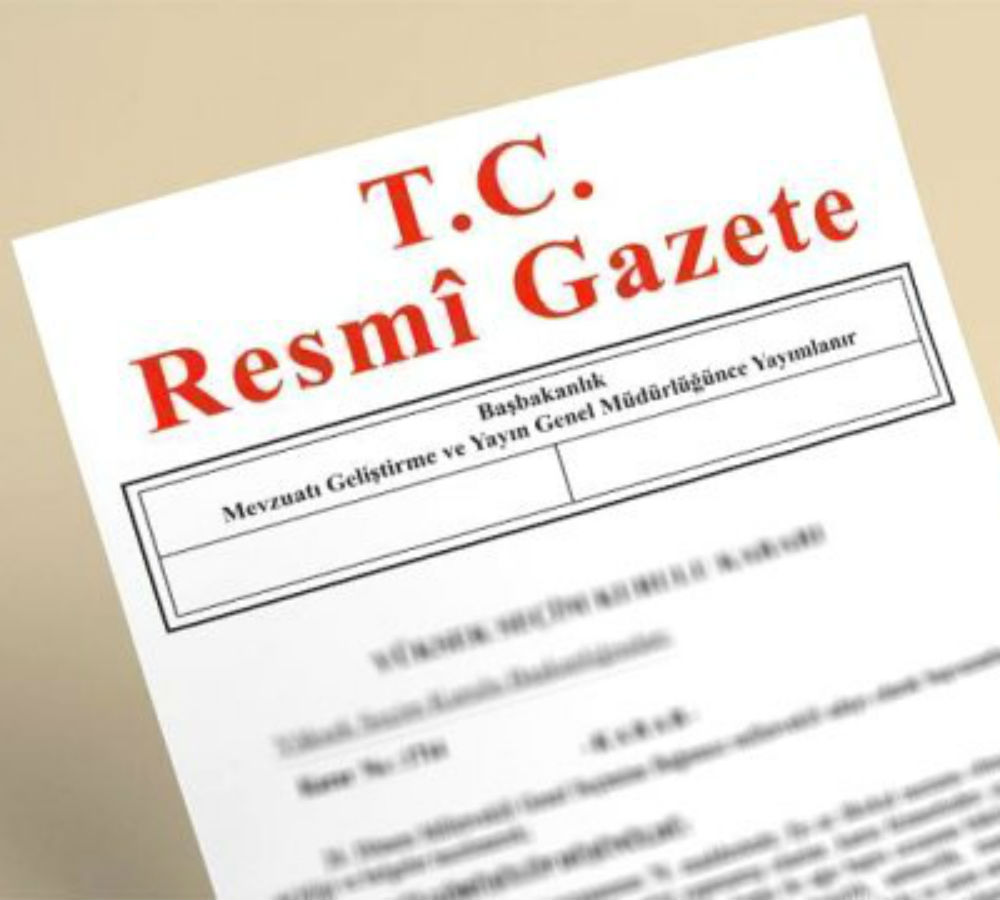Turkish government has shut down a total of 2,341 institutions due to allegedly having links to Gülen movement, a civil society initiative accused by the government of being behind the coup attempt on July 15, after issuing first emergency decree with the force of law.
A total of 1125 associations, 934 schools, 109 dormitories, 104 foundations, 35 health institutions, 19 unions and 15 universities were shut down as a result of the emergency decree having the force of law.
The Article 121 of the Constitution mandates that during the state of emergency, the Council of Ministers meeting under the chairpersonship of the President of the Republic may issue decrees having the force of law on matters necessitated by the state of emergency.
A group of rebel soldiers, acting out of chain of command, attempted a military coup at around 10 p.m. on July 15, with tanks rolling onto the streets of Ankara and İstanbul and soldiers blocking the Bosphorus Bridge and the Fatih Sultan Mehmet Bridge. The military’s claim of a takeover was announced by the state broadcaster TRT after rebel soldiers raided its building. The anchorwoman said the military imposed martial law and declared a curfew until further notice.
Hundreds of people, including civilians, were killed in clashes between police and rebel soldiers overnight. The Parliament, the presidential palace and the National Intelligence Organization (MİT) headquarters were struck by military helicopters.
The Turkish government managed to suppress the coup attempt and launched a large-scale crackdown across the country on media, public servants, judges, prosecutors and teachers, along with rebels within the army.
President Recep Tayyip Erdoğan has accussed the Gülen movement of being behind the coup attempt and demanded extradition of Turkish Islamic scholar Fethullah Gülen from the US. Thousands of public servants, judges, prosecutors and journalists were detained by the Turkish police for allegedly having links to the Gülen movement.
Meanwhile, Gülen recently issued a statement condemning the failed military coup attempt in Turkey, calling the allegations of his involvement “demeaning.”
The Gülen movement is a grassroots social initiative inspired by Gülen and carries out charitable activities all around the world, including education, distributing humanitarian aid and providing drinking water especially in African countries.
The Gülen movement is not considered to have influence over the Turkish military, which is known for its Kemalist roots that is against the Gülen movement. The rebel military officials who attempted to stage a coup named themselves as “Council of Peace At Home,” in a declaration they forcibly had delivered via the state-run broadcaster TRT on Friday night. The name is a reference to “Peace at home, peace in the world,” which is a famous saying by Mustafa Kemal Atatürk, the founder of the Republic of Turkey.
Since a corruption investigation erupted on Dec. 17, 2013 and led to the resignation of four Cabinet ministers, Erdoğan has launched a witch hunt targeting shop owners, teachers, members of the judiciary, journalists and police officers who are accused of being affiliated with the Gülen movement, which is also known as the Hizmet movement. The graft probe implicated then-Prime Minister Erdoğan, members of his family and senior Justice and Development Party (AK Party) figures.
Erdoğan accused the Gülen movement of plotting to overthrow his government and said that sympathizers of the movement within the police department had fabricated the corruption scandal. Since then, hundreds of police officers have been detained and some arrested for alleged illegal activity in the course of the corruption investigation. Erdoğan openly said he would carry out a “witch hunt” against anyone with links to the movement. The Gülen movement strongly rejects the allegations brought against it.



